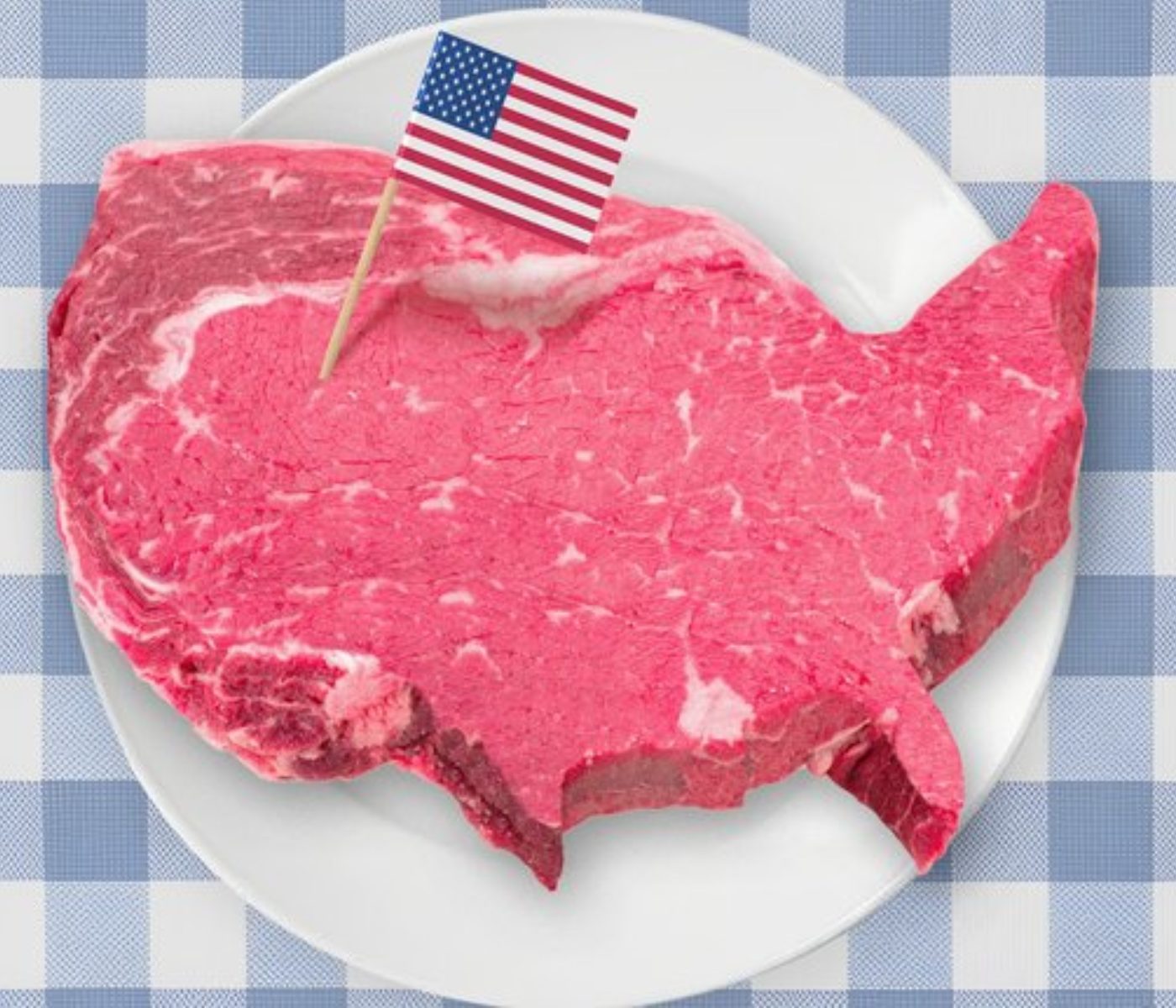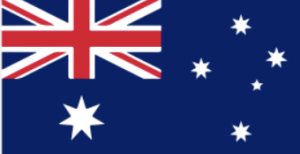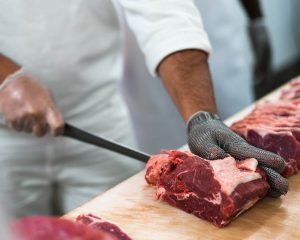“This decision has been purely based on science,” Collins stated. “The Albanese Labor government will never compromise on biosecurity.”
 15 Aug 2025
15 Aug 2025
 Australia has announced it will lift long-standing restrictions on American beef imports, ending a dispute that recently flared during Donald Trump’s presidency.
Australia has announced it will lift long-standing restrictions on American beef imports, ending a dispute that recently flared during Donald Trump’s presidency.
The ban dates back to 2003, when Australia blocked US beef following an outbreak of mad cow disease (BSE). Given Australia’s world-leading biosecurity standards, the measure was seen as necessary at the time — but it has remained in place for over two decades.

From tariffs to talks
The decision comes just months after the White House cited Australia’s beef restrictions as a reason for imposing new tariffs on Australian exports in April. While US officials quickly celebrated the news as a “major trade breakthrough” that would “Make Agriculture Great Again”, Canberra insists the timing is purely coincidental.
Australia’s Agriculture Minister, Julie Collins, said the move followed a decade-long review by the Department of Agriculture, which concluded the US had made significant improvements to its beef safety systems.
“This decision has been purely based on science,” Collins stated. “The Albanese Labor government will never compromise on biosecurity.”
Why the ban lasted so long
Technically, the US ban was eased in 2019, but beef from cattle raised in Mexico and Canada was still excluded. Since US beef supply chains are closely integrated with those countries, the restriction continued to effectively block American imports.
Recent cattle tracing protocols introduced in the US now allow regulators to track an animal’s origin and respond quickly in case of a disease outbreak — a key factor in lifting the ban.
Reactions split between politics and industry
US Agriculture Secretary Brooke Rollins welcomed the announcement, calling the previous restrictions “absurd”.
“Gone are the days of putting American farmers on the sidelines,” Rollins said.
While industry voices like Cattle Australia CEO Will Evans say they are “comfortable” with the decision and trust the department’s science-based approach, political opponents are unconvinced.
Nationals leader David Littleproud suggested the move might have been a political concession:
“It looks as though [the ban has] been traded away to appease Donald Trump… I want to see the science.”
A $14 billion relationship
The US is already Australia’s largest beef export market, worth A$14 billion (£6.8bn / US$9.2bn) last year. Despite the tensions, a June report by Meat and Livestock Australia found the recent US beef tariff had not slowed trade — in fact, exports to the US have risen by about one-third so far this year.
Key Takeaways:
Source: BBC
Subscribe now to the technical magazine of animal nutrition
AUTHORS

Nutritional Interventions to Improve Fertility in Male Broiler Breeders
Edgar Oviedo
The Use of Organic Acids in Poultry: A Natural Path to Health and Productivity
M. Naeem
Synergistic Benefits of Prebiotics and Probiotics in Poultry, Swine, and Cattle
Gustavo Adolfo Quintana-Ospina
Hybrid Rye Potential in Laying Hen Feed Rations
Gwendolyn Jones
A day in the life of phosphorus in pigs: Part I
Rafael Duran Giménez-Rico
Use of enzymes in diets for ruminants
Braulio de la Calle Campos
Minerals and Hoof Health in the Pregnant Sow
Juan Gabriel Espino
Impact of Oxidized Fats on Swine Reproduction and Offspring
Maria Alejandra Perez Alvarado